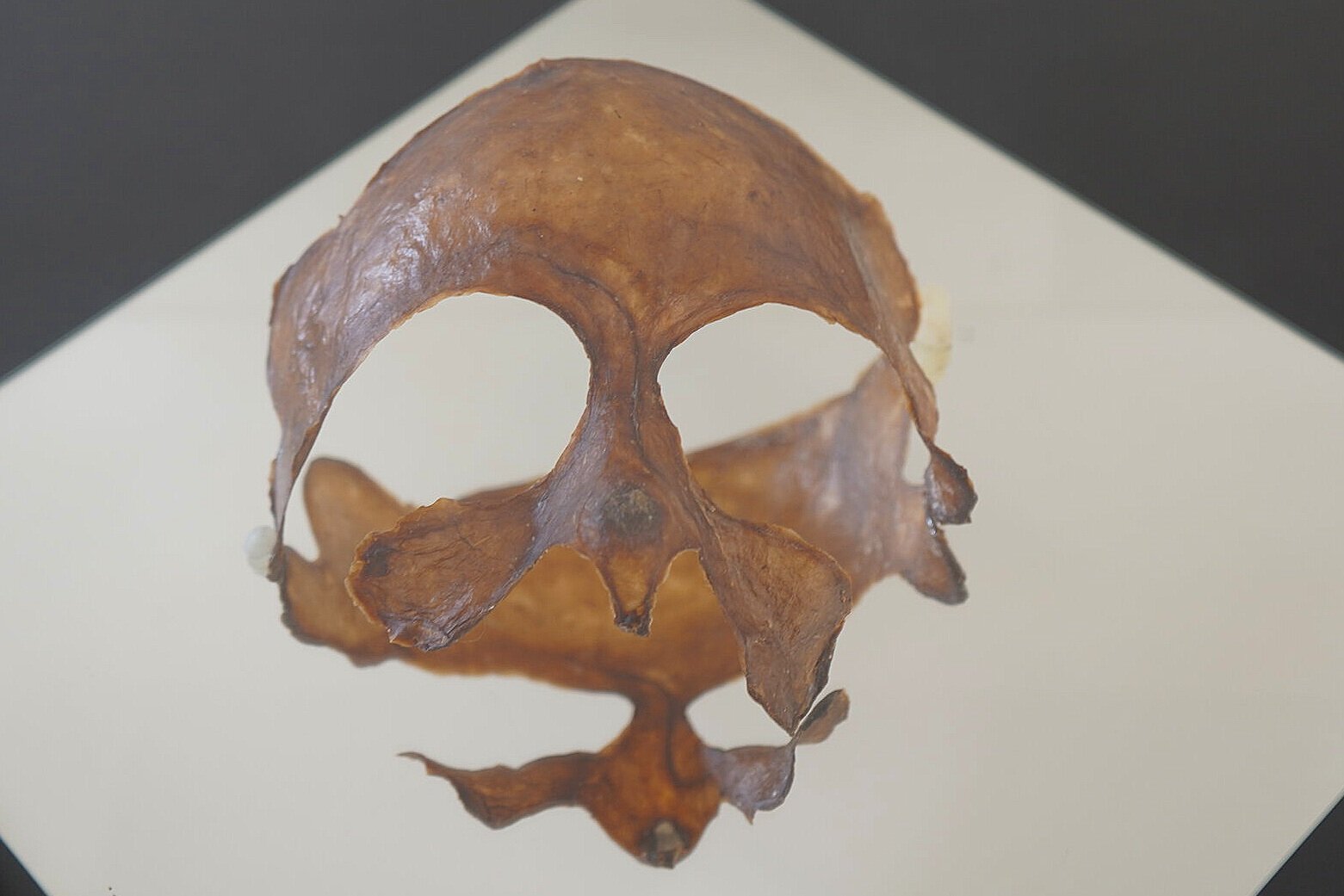FAQ
Scobi on a peice of scobi Leather
Your question Here…
At Darb Garb, we don’t like to make assumptions. Our models and ways of doing things are constantly developing and adapting to address the needs of our community, workers, and planet. Your questions and feedback are vital to help us fill in the gaps and create systems that work well for everyone.
Cleaning and care
Darb parts arts are quite durable. I will often use the same part 3 days in a row. That said, if you pack every day you may want to invest in more than one so you can let them air out.
Cleaning is very simple. When I notice that my part is getting a little funky, I spray it lightly with some cheap vodka. This old costume shop trick kills bacteria and keeps things from getting too ripe. Darb Garb doesn’t recommend running Parts through the washing machine but if they end up in the laundry they should fair just fine. Air dry only!!
Alternative Business Models
We acknowledge that capitalism is a flawed economic system that tends to be particularly ineffective for people who are not interested in assimilating to cis-het, White culture. Darb Garb is committed to visioning and trying out alternative economic models and business practices that are more equitable and center the humanity of workers and queer community. Currently, we are a one-darb-shop (Eppchez! does everything around here), but as Darb Garb grows we will develop models of operation and governance that combine co-operative ownership, consensus decision making, community engagement, and accessible/flexible pricing to ensure that the design house we build keeps the well-being of our queer community at the center of our work.
Materials
As much as possible we use recycled, scrap, or natural biodegradable materials. Darb Garb Is all about envisioning a flourishing future. This means we take sustainability seriously.
Foams: There are so many foam toppers destined for the landfill. A lucky few can get turned into packers and padding instead - after a good wash of course. (If you are getting rid of one think of us!
Felt: A timeless natural material with so many potential applications.
Plarn: Made from the plastic bags collecting under your kitchen sink. Spinning the plastic yarn is a relaxing activity and plarn you end up with can be used in so many different ways.
Fabric: We love using scraps from independent makers. For some products, we have to buy fabric new, but when we do we get to support our local fabric shop Gaffney’s and Wazoodle - an eco-friendly local manufacturer.
Scobi Leather: I collect old scobi from local kombucha breweries. Through a process of de-acidification, pulping, drying, and waxing I’ve developed a method for making a strong, leather-like material that can be grown at home. We look forward to experimenting more with this unique material.
Scobi leather corset detail
Mask made from scobi clay
Crocheted plarn top
Making plarn





